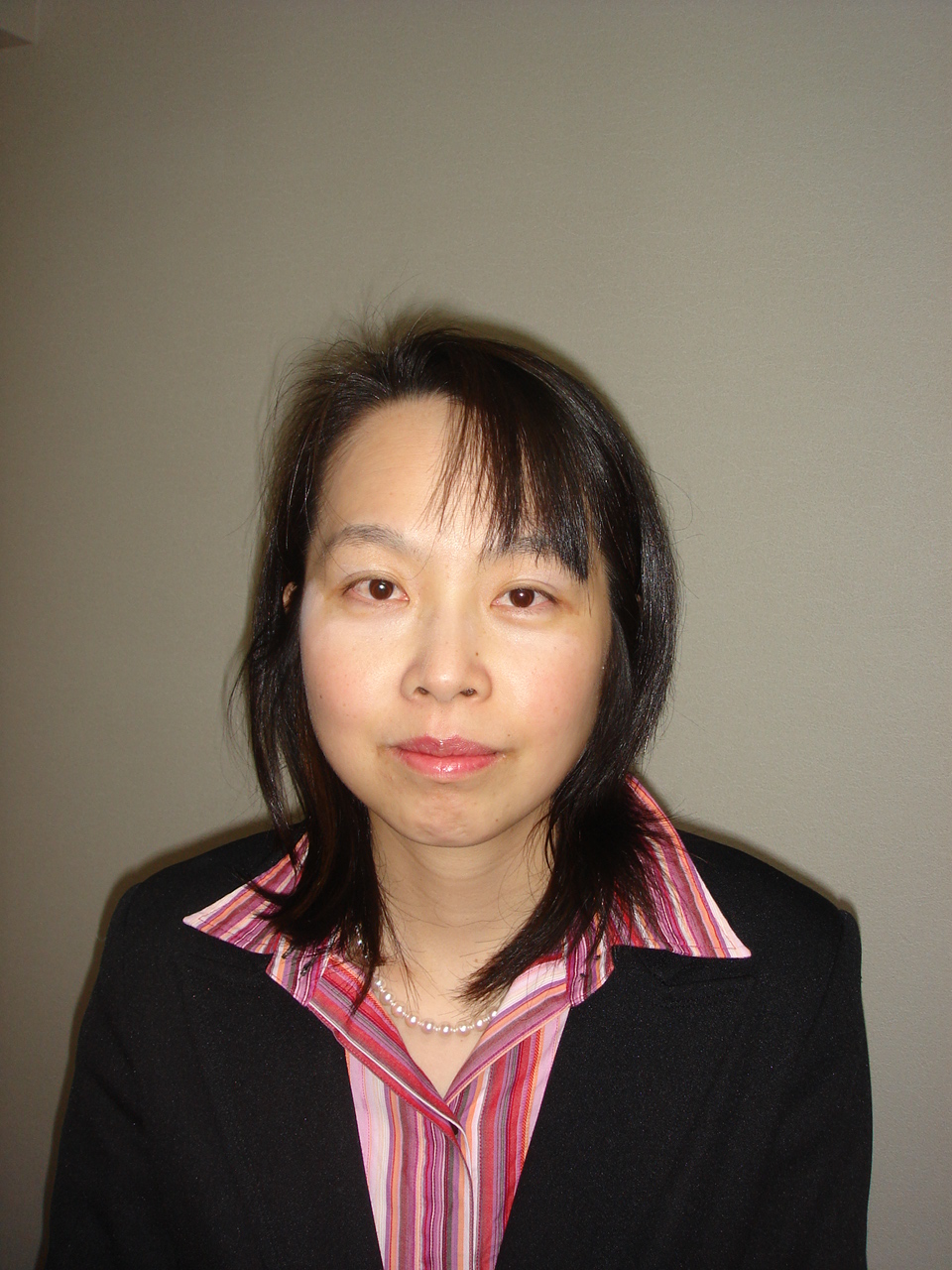
Tomoko Kinugasa
Abe Fellowship 2012
Project Title
Population Aging, Education and Economic Growth: Comparative Research between Japan and the United States Institutional Affiliation (at time of award)
Associate Professor, Graduate School of Economics, Kobe University 